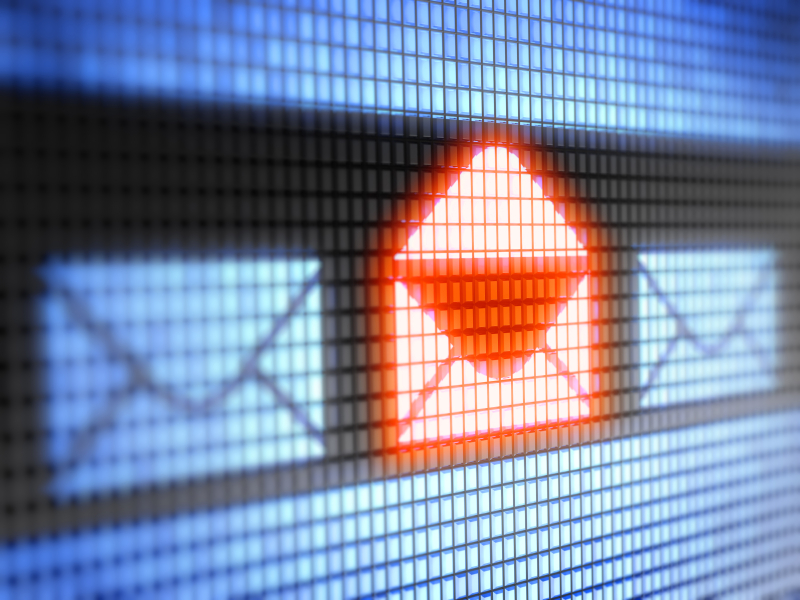I started to seriously use email in college. It was great! Instant communication across campus and around the world—as long as you were trying to reach someone else who had email. The College of Engineering had it, and the Department of Computer Science, naturally. I think the administration did. But my parents didn’t, and neither did most of my friends. So email started off as a pretty productive tool.
Now, everyone has email. Most of us have multiple accounts. Some pets. We receive news alerts, ads, and even emails about what’s happened on Twitter and Facebook since we last signed in. You can receive bank statements and bills. You can even send money by email now.
And, oh yeah—we still get work done through email.
So how do you sort through the fluffy kittens, phishing attempts, and advertisements to focus on the truly important emails you receive? Here are the five tips that have had the most impact on how I handle email.
-
Don’t check email when you get to the office. In Never Check E-Mail In the Morning
, Julie Morgenstern recommends setting aside a block of time in the morning (all morning, if possible) that is yours to get work done before you check email in the morning. Why? Because email can be a time tar pit if you let it. It’s an avalanche of gravel—other people’s problems and priorities that get in the way of your most important work. Carve out some block of sacred time at the start of your day, when you’re still fresh. Start your day in Quadrant 2.
-
Touch each message only once. Once you open a message, turn it into what it is. Get it out of your inbox and into the rest of your system. Don’t leave things you need to do buried in your email where you’ll forget them and worry about what you’re forgetting. This is Inbox Zero.
Incoming emails are typically one of the following:
-
Something to be aware of. Some emails are just FYI. After you’ve read it, archive it or delete it.
-
Something to remember. Archive the message. Put a meeting on your calendar. Record a phone number in your address book. Update a project’s notes in Evernote.
-
Something to do. If a task will take less than two minutes, just do it. Otherwise, put it on your task list. It’s fine to just put it in the inbox—don’t get sidetracked doing lengthy work. Right now, you’re doing the work of triaging your email.
-
Junk. Toss it. Unsubscribe from mailing lists you don’t need. Move a message into the @SaneBlackHole folder and you’ll never see another message from that sender. (There is one company I ordered from once—years ago—that keeps emailing me no matter how many times I attempt to unsubscribe.)
-
-
Isolate important messages. If your email client supports mail rules, you can have your computer pre-sort your email for you. A simple rule is to have email from people not in your address book sent to another folder. You can make these rules as complex as you want/need, but this should give you a good start at separating the important emails from unimportant emails. You can also use online services like Sanebox to do this processing for you.
-
Set a time limit. You don’t need to empty your inbox(es) every time you check email. That isn’t what Inbox Zero means. Start with the most recent emails and work your way back. When your time is up, close (or at least hide) your mail app and move on. It’s okay if you don’t make it all the way through in one sitting. Just make progress.
-
Use fewer folders. You can get by with your inbox and three more folders, tops: Action, Waiting, and Archive. I don’t even have that many. I just use Inbox and Archive. I used to use Action and Waiting folders, but decided it was faster (fewer keystrokes and less brain power) to just flag the message and archive it. The fewer folders you have, the easier it will be to search for the message later instead of browsing for it.
Yes, checking email may be your job. Congratulations, you’re getting paid to do this. But for most of us, email is just a tool. It’s how we talk about work, but it’s not what we get paid for. The more time we spend processing email, the less time we have to do things we love.
Question: How do you get through your email quickly and effectively? Share your thoughts in the comments, on Twitter, LinkedIn, or Facebook.

